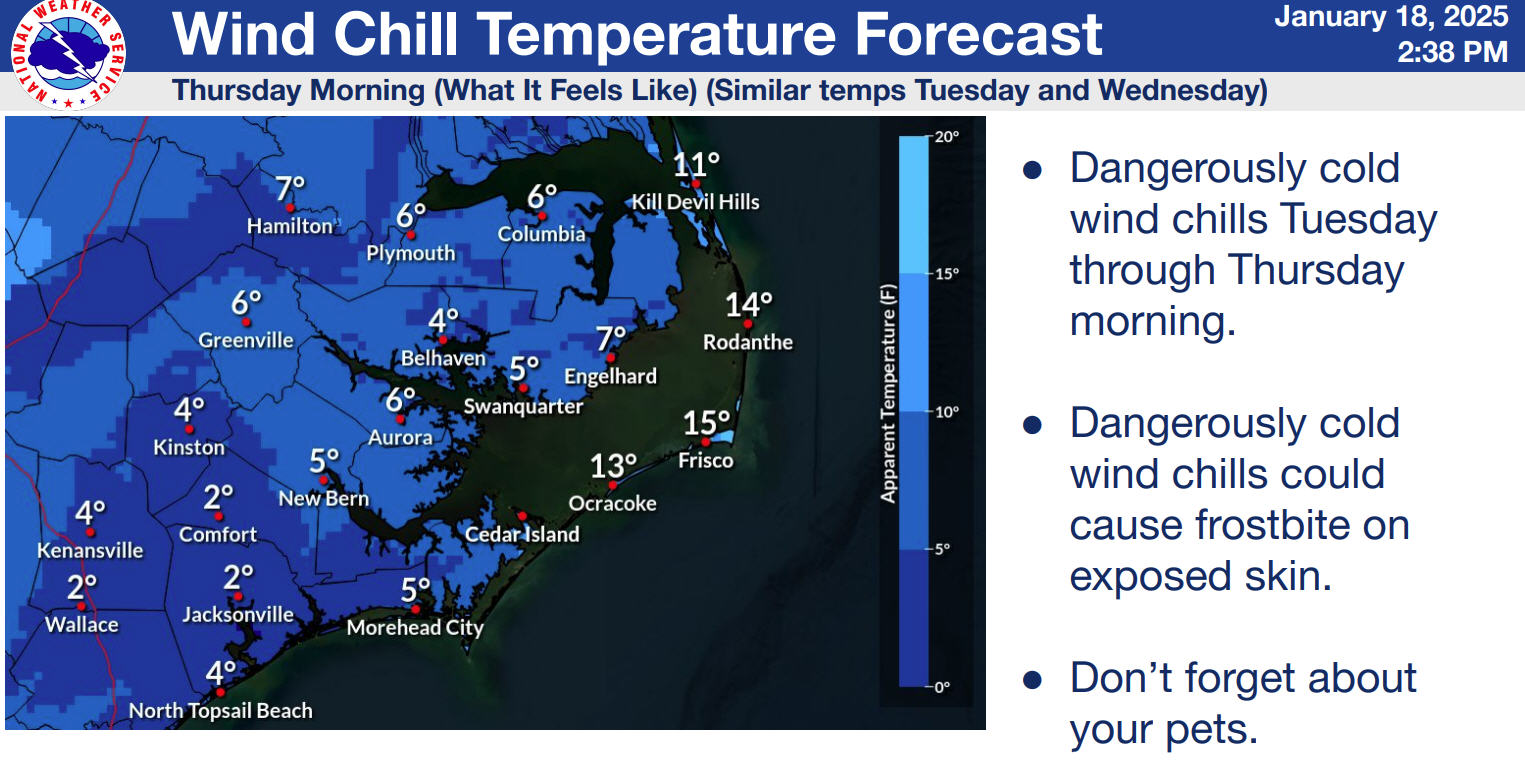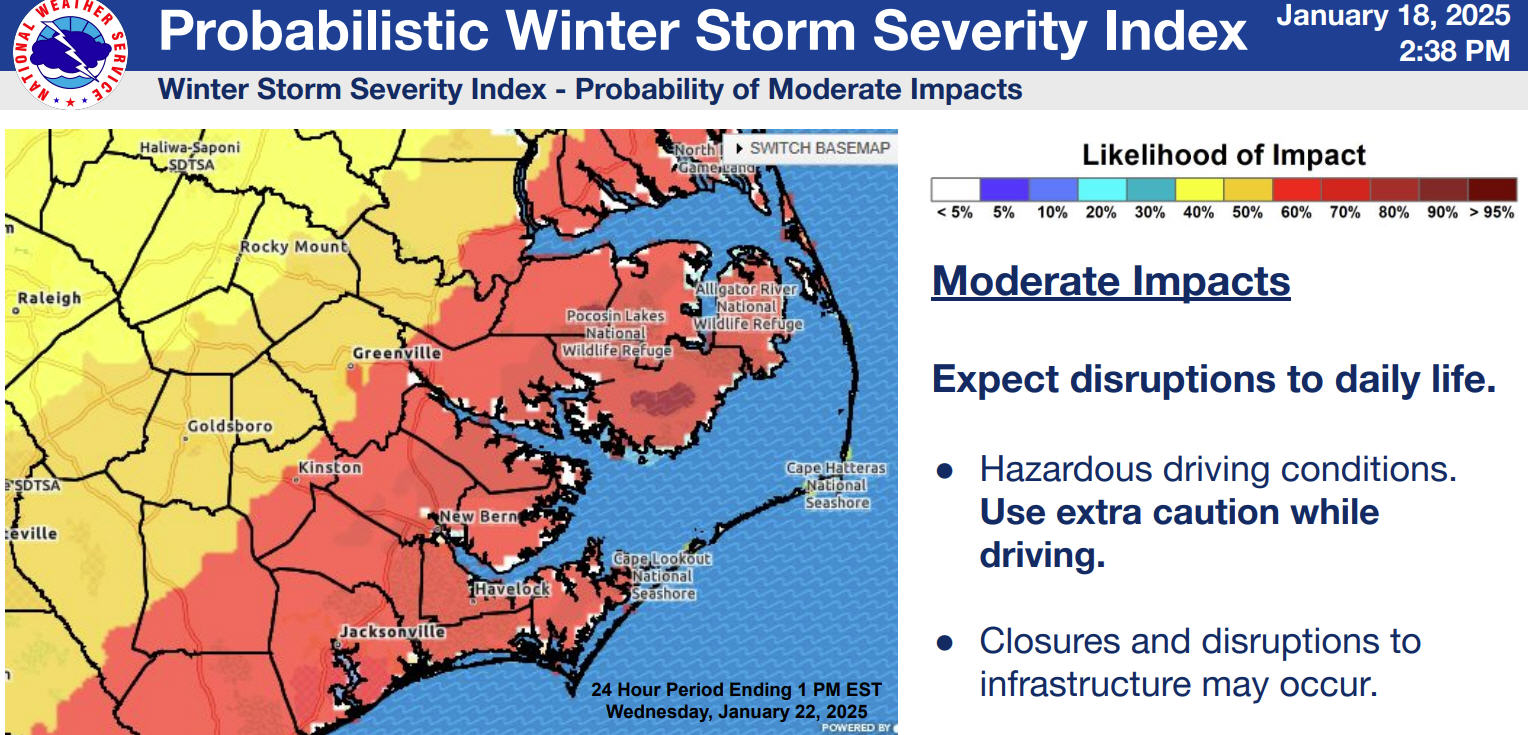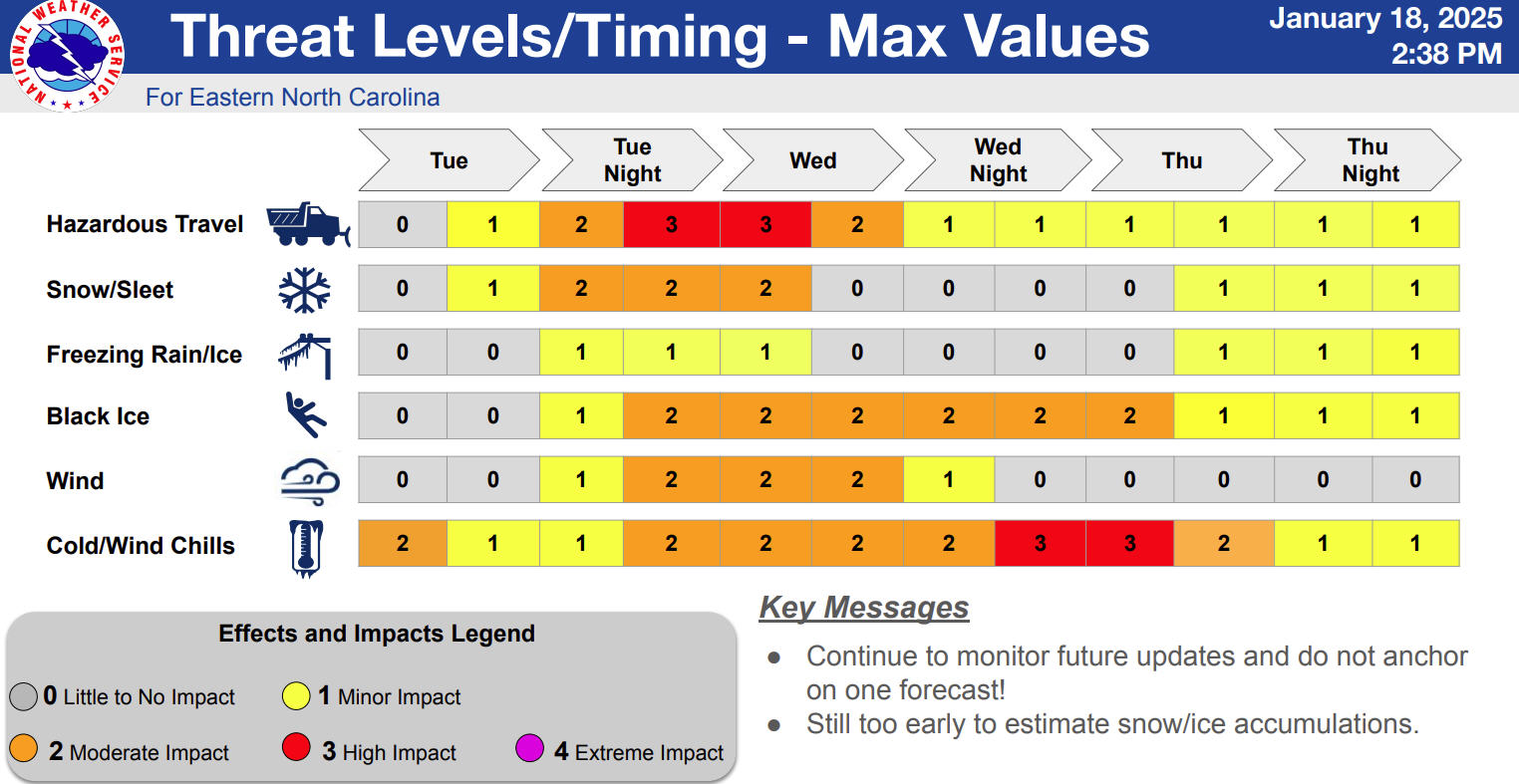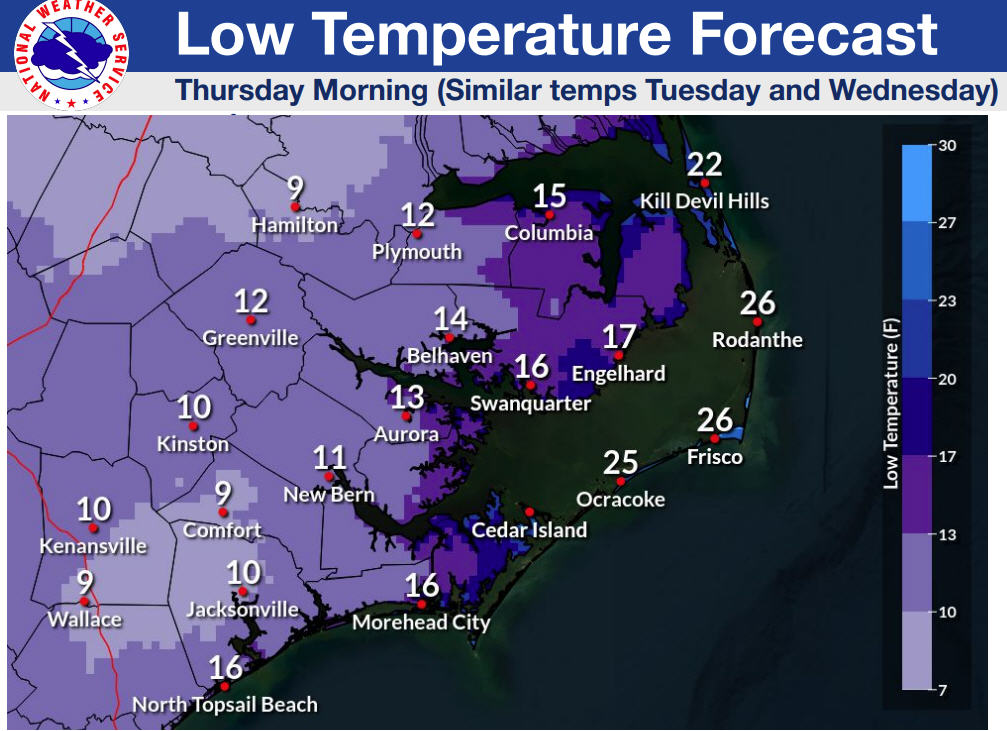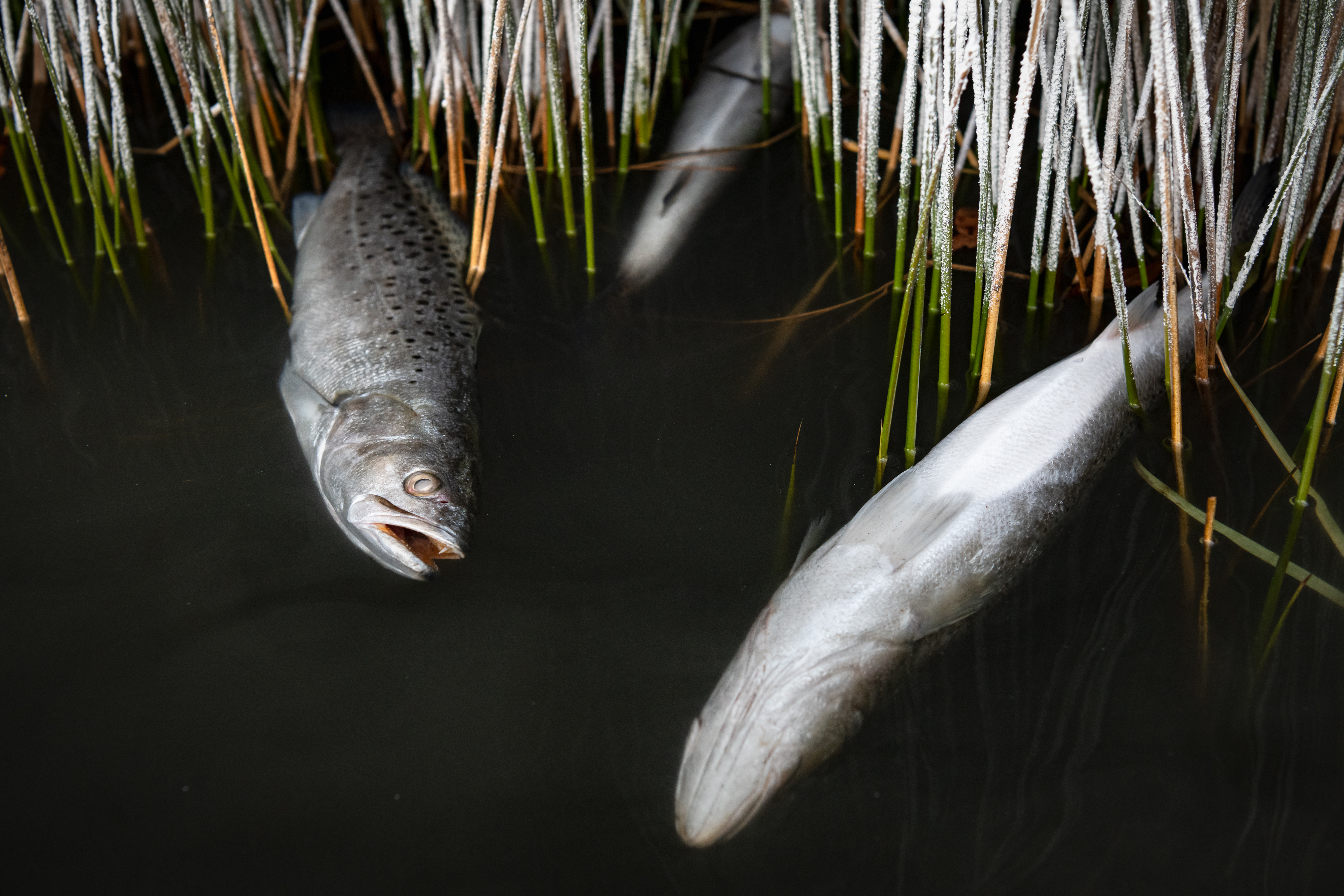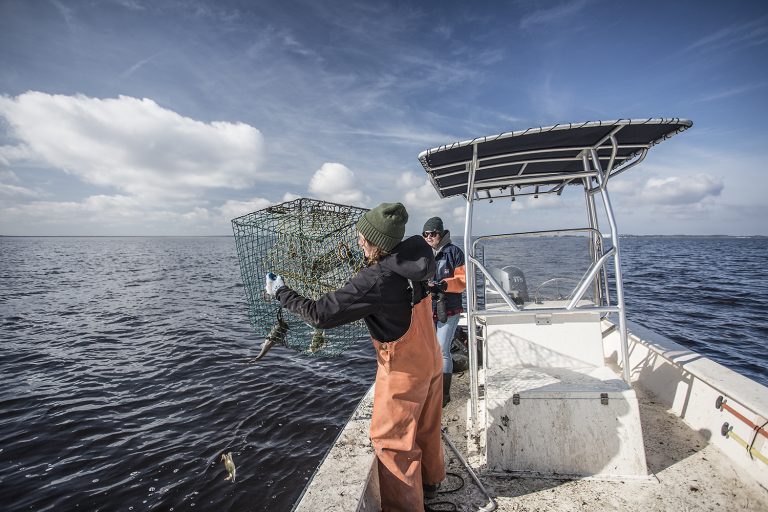Sens. Cook, Sanderson File Resolution for Revisions to Federal Shellfish Regs
Senator Bill Cook (R-District 1) and Senator Norman W. Sanderson (R-District 2) recently filed Senate Joint Resolution 205, which encourages the Wilmington District of the U.S. Army Corps of Engineers to allow shellfish cultivation and aquaculture activities in North Carolina waters containing submerged aquatic vegetation (SAV).
“The Corps of Engineers overprotects North Carolina’s submerged aquatic vegetation,” reads a mid-March press release from the office of Senator Bill Cook “This policy is more stringent than policies used in other coastal states, including the Commonwealth of Virginia.”
“Shellfish lease applications in North Carolina have been routinely denied by the Division of Marine Fisheries due to the presence of any submerged aquatic vegetation. Virginia falls under the Norfolk District of the U.S. Army Corps of Engineers and in that state, after the individual lease holder has a pre-construction notification, their lease can have a certain amount of submerged aquatic vegetation under certain conditions.”
As of September 2015, there were 292 shellfish leases in North Carolina, covering 1,931 acres. Out of 292 total leases, 256 are bottom leases covering 1,820 acres, and 36 have water column leases covering 111 acres. In comparison, Virginia has 5,400 leases covering 122,000 acres, and this expanding program is credited to the state’s rapid increase in oyster landings.
“Growing shellfish is good for our coastal economy and environment, and the proposed changes will help more people go into that business,” said Todd Miller, Executive Director of the North Carolina Coastal Federation.
The release also reported that in 2015 and 2016, responding to feedback from various organizations and those who work in the industry, the N.C. General Assembly enacted several regulatory provisions as well as appropriations to enhance the state’s ability to plant cultch, to fund sanctuary development and to expand North Carolina’s oyster industry:
“North Carolina’s estuaries are well known for being some of the most productive in the world. We have the second largest estuary system in the United States and the largest contained in one state. Amending this federal rule has tremendous potential to create new jobs with the shellfish and aquaculture industry,” said Cook and Sanderson on the resolution. “With our acres of pristine waters and a large and growing interest in cultivated oysters, the potential for the industry in the state is huge. Our goal is for North Carolina to become the ‘Napa Valley’ of oysters. A single adult oyster can filter and clean up to 50 gallons of water a day – thus our waters will be cleaner and our economy will grow.”
The public can read the bill and follow its progress online at http://www.ncleg.net/gascripts/BillLookUp/BillLookUp.pl?Session=2017&BillID=S205.



